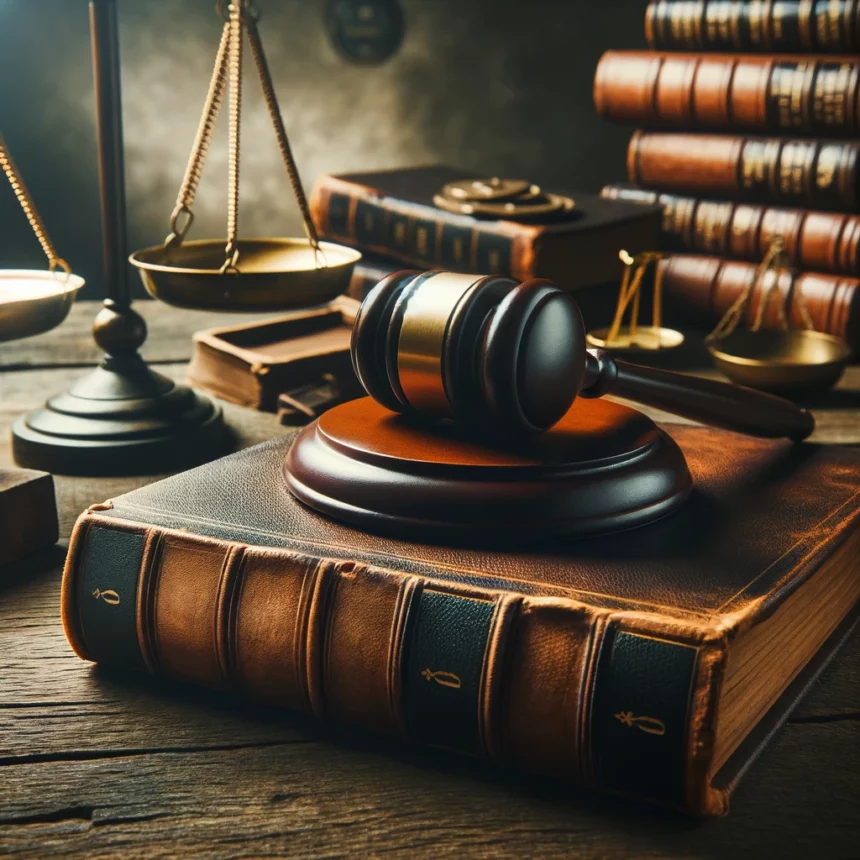OpenAI has called for the dismissal of key aspects of a copyright infringement lawsuit filed by The New York Times (NYT), alleging that the newspaper engaged in unethical practices to gather evidence for its case. In a recent legal filing, OpenAI accused NYT of “hacking” its ChatGPT and other AI systems through manipulative techniques that breach the company’s terms of use. The tech firm contends that the Times’s actions were aimed at forcing ChatGPT to replicate the newspaper’s copyrighted material, an approach OpenAI describes as a stark deviation from journalistic integrity.
The heart of the dispute lies in what OpenAI characterizes as the Times’s employment of “deceptive prompts,” which purportedly led to the artificial generation of content mirroring the newspaper’s proprietary work. Despite these serious allegations, OpenAI’s filing stopped short of accusing the Times of violating any specific anti-hacking legislation. Instead, the company’s narrative suggests a fundamental misuse of its AI products, a practice far removed from the typical user experience.
Responding to OpenAI’s claims, Ian Crosby, a legal representative for the Times, rebuffed the notion of hacking, framing the newspaper’s actions as a legitimate investigation into potential copyright violations by OpenAI’s platforms. Crosby’s defense highlights a significant tension between emerging AI technologies and traditional copyright protections, setting the stage for a potentially landmark legal battle.
This confrontation unfolds against a backdrop of increasing scrutiny over the use of copyrighted content to train sophisticated AI models. OpenAI itself has previously acknowledged the challenges of developing cutting-edge AI without access to a broad spectrum of human creativity, including copyrighted materials. Nonetheless, the company has actively sought agreements with various publishers to legally harness their content for AI training purposes, indicating a willingness to collaborate with the media industry.
The outcome of this lawsuit could have far-reaching implications for the relationship between AI developers and content creators, underscoring the need for a balanced approach to copyright in the age of artificial intelligence. As the legal proceedings advance, the broader tech and media landscapes watch closely, anticipating the potential for new precedents in the intersection of AI, copyright law, and journalistic practice.
















